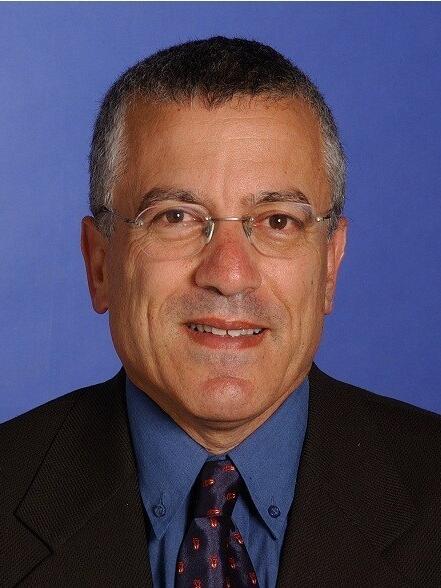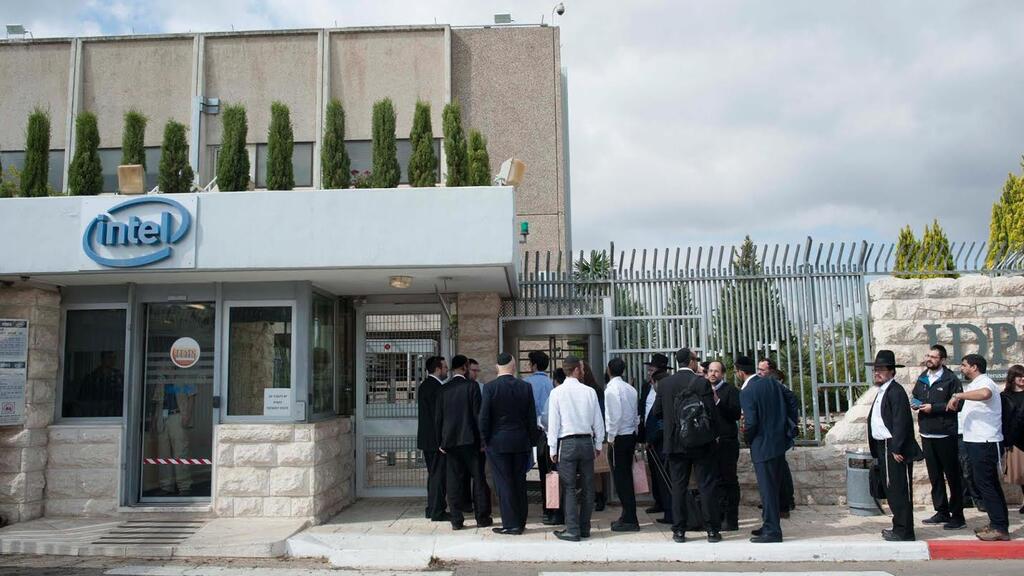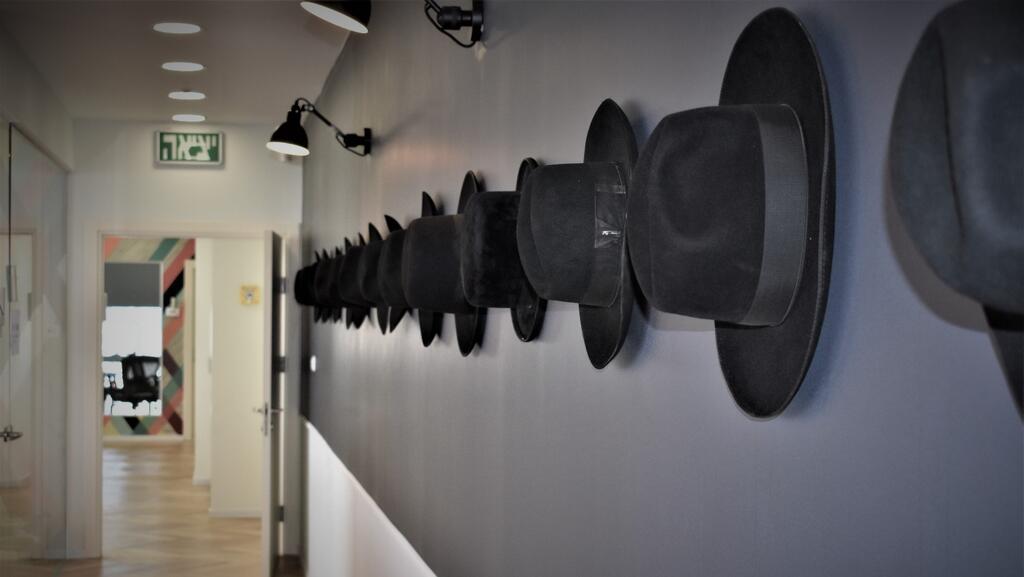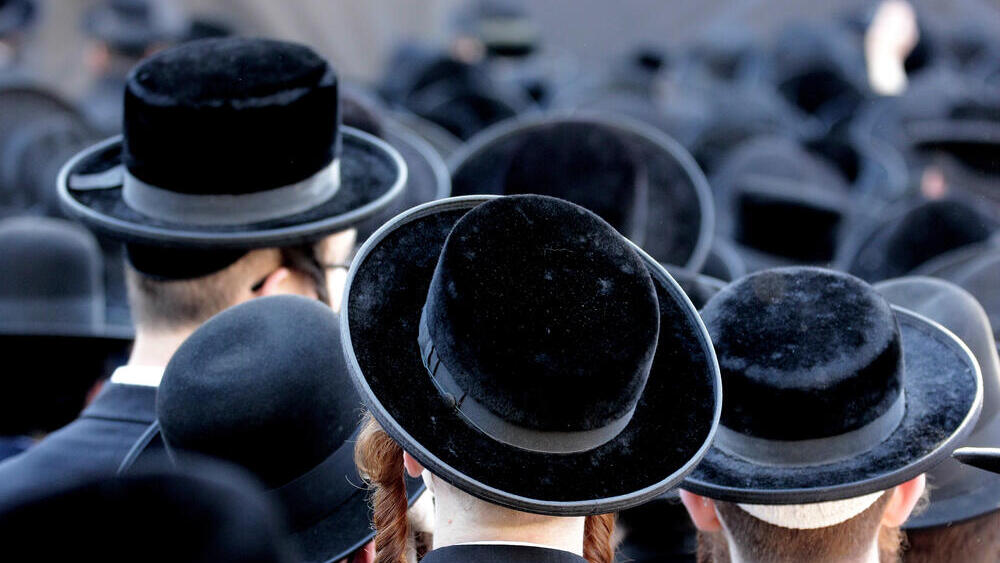Getting your Trinity Audio player ready...
Many concerns have been expressed recently about the future of the Israeli high-tech industry, given the global crisis and the government's judicial reform. Let's imagine for a moment that the dispute over the judicial overhaul is resolved through dialogue and is removed from the public agenda. Will the future of Israeli high-tech be guaranteed? Not necessarily.
Read more:
A deeper examination of the challenges ahead indicates that the continued growth and prosperity of the high-tech sector largely depend on the availability of suitable human resources, in order for technology companies to continue leading the local economy.
The Israeli high-tech sector took its first steps in the late 1960s with the establishment of the first blue-and-white technology companies and the office of Chief Scientist in the Industry Ministry (now the Economy Ministry). The entry of the first international technology companies (Intel, IBM, Motorola, and others) into Israel, in the early 1970s added significant contributions to the advancement of the industry. The removal of foreign exchange restrictions in the late 1970s and the excellent control of inflation in the mid-1980s also contributed to the continued development of the sector.
However, the growth was relatively slow, because it was heavily reliant on the number of graduates from engineering and science faculties in Israeli universities. In the early 1990s, the large wave of highly educated immigrants in science and technology, arriving from the former Soviet Union, transformed what were challenges posed by absorption costs, into an economic miracle that propelled the entire Israeli economy, particularly the high-tech sector, and positioned us as a respected member of the developed countries (OECD).
The years between 1991 and 2012 were a golden era for the Israeli economy as a whole, particularly for the high-tech sector. We easily overcame the dot-com crisis of the early 2000s and the financial crisis of 2007-08, achieving a series of successes that made us a global wonder. However, in the past decade, we have seen a return to relatively "linear" growth (the growth rate in national output was similar to population growth), raising the question of when and how the next leap forward will occur.
In recent years, we have witnessed technology companies struggling to recruit employees, leading them to seek talent abroad by importing engineers from India or establishing R&D centers in Eastern Europe. These were temporary solutions that were not sustainable in the long run, as demonstrated by the swift closure of software companies in Ukraine following the Russian invasion in February 2022. Industry players and observers agree that even if there will be no shortage of funds for investment, without the integration of population sectors currently absent in high-tech (women, Arabs, and ultra-Orthodox), the technology sector will not be able to continue to thrive. A solution could be found in the Ultra-Orthodox communities if Israel considers this sector an asset rather than a burden.
A prevailing pessimistic view exists among secular Israelis regarding the integration of the ultra-Orthodox into the workforce, especially in the high-tech industry. The results of the recent elections only reinforced the sense of frustration and resignation among the secular public, some of whom perceive the Haredim as seeking maximum benefits from the state without fulfilling their obligations (such as serving in the IDF or paying income tax, among other things). Attempts to force a change in behavior among ultra-Orthodox have proven to be unsuccessful.
It is time to change direction and think of alternative ways to encourage the integration of ultra-Orthodox into the economy, without resorting to threats or coercion. New York City is home to one of the largest Haredi communities in the world. Yeshiva University, established there almost 100 years ago, is a renowned and respected university that ranks higher than most Israeli universities in global academic rankings.
Yet, it remains closely associated with the Orthodox religious establishment, with separate colleges for women and a wide range of programs that combine secular and religious studies. All of this exists side by side with the study of computer science, exact sciences, law, medicine, business, and more. Why couldn't a similar university be established in Israel?
The ongoing debates over the inclusion of women in education did not lead to a significant increase in the number of Haredi women university students. Perhaps, instead of arguing, we should leave the door open for Haredi men and women who wish to study in existing universities, where liberal practices are preserved. At the same time, we can allow and even encourage the establishment of academic institutions geared specifically for the ultra-Orthodox population like Yeshiva University, that would be respectful of and suitable for that community.
Graduates of religious institutions of learning in the ultra-Orthodox community possess qualities such as logical thinking rooted in Talmudic studies, and the motivation to provide a decent livelihood for their families. This creates a potential for an excellent workforce that would bring tangible benefits to high-tech companies as well as the overall economy. Instead of arguing about the amount of funding allocated to the ultra-Orthodox in the national budget, we should consider ways to maximize the integration of Haredi's in the economy in general, and the high-tech sector in particular.
 Prof. Boaz Golani
Prof. Boaz Golani Ultra-Orthodox workers in the technology sector find themselves in an environment that accepts them with open arms, respects their practices and refrains from attempts to "educate" them to behave differently. What began as a drop in the bucket, can quickly grow.
According to the Israel Innovation Authority, in 2021, approximately the high-tech industry employed 400,000 workers, accounting for about 10% of the workforce. The ultra-Orthodox sector, in the same year, was estimated to number 1,250,000, with approximately 420,000 of them of working age. It is easy to see the potential growth if only 10% of that population, joins the tech sector.
- Prof. Boaz Golani is the vice president and former CEO of the Technion. The article represents his personal opinion and does not necessarily reflect the opinion of the Technion




